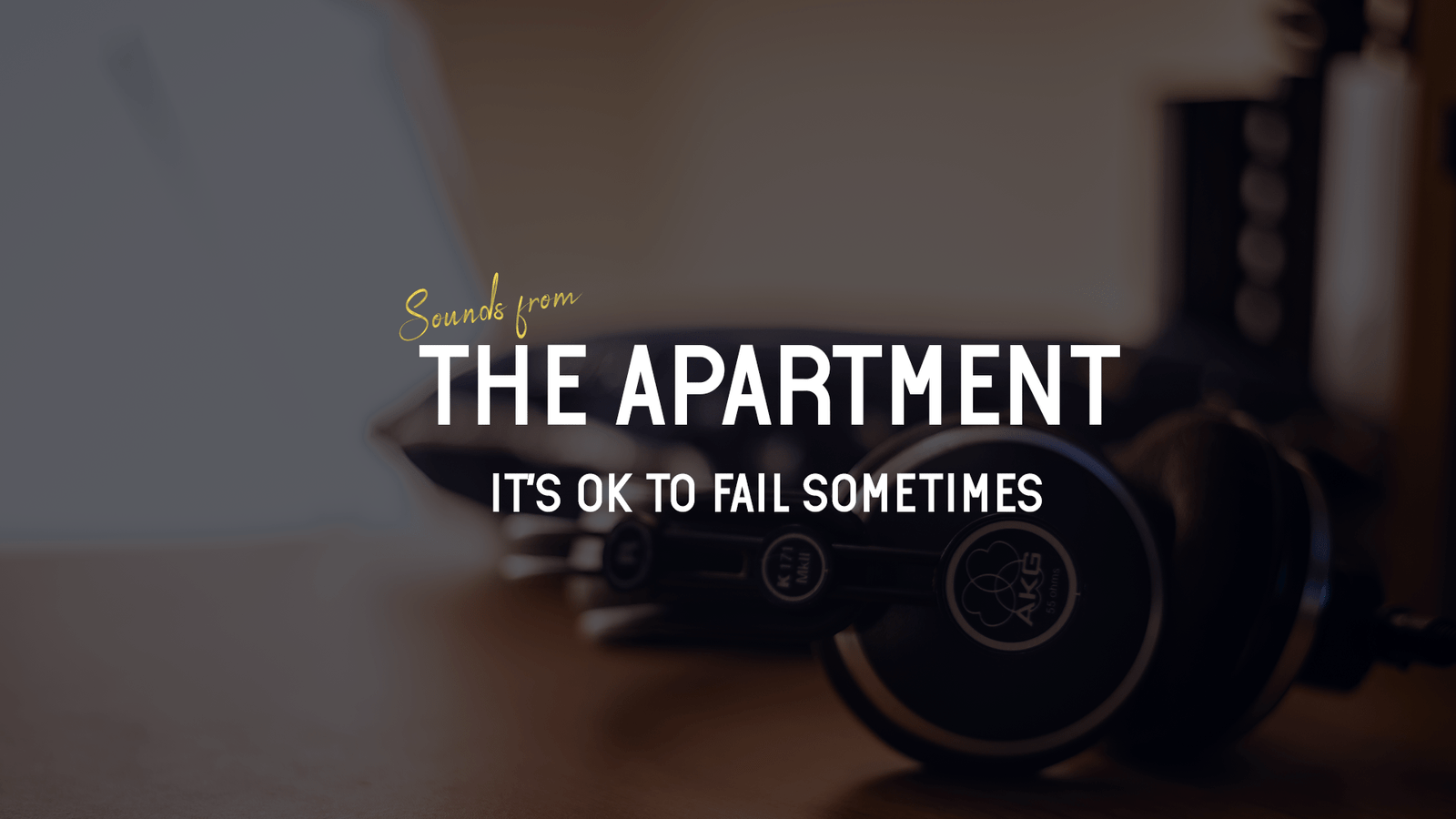It’s ok to fail sometimes. It’s more than ok actually! There are numerous occasions where we all find ourselves in difficult situations not knowing what to do. Sometimes we pull it off, but sometimes we don’t. We might be under pressure to make a decision or we might have all the time in the world but because have a different perspective at the time, we fail to explore other avenues that could potentially lead us to a much better result.
This is where you ask: “And how’s that ok, Nikos?” It is ok, because failures are naturally attached to a process we all know. The learning curve process. This is one of the most crucial aspects of the human species evolution over the centuries. Our abilities to adapt to failure, learn from it, become better, retry.
Imagine what would have happened if the legendary Alan Turing stopped his efforts in building the machine that broke the Enigma code. The only certain thing is that he failed a lot to get to succeed. He tried, he failed, he tried again, he failed again, he got challenged in the process and then, one day, he tried again and succeeded in breaking the code essentially saving the world by enabling UK defeat the Germans in WWII! Turing was one of the smartest people of the 20th century. Still he had do go through the trial and error process as we all do!
Have you ever finished a mix that was not that good in the end? Well, you are not the only one! Everyone has done bad mixes that though they were good at the time! Have you ever been doing live sound and had microphone feedback? Guess what. Everyone has done that too! Anyone could be in these situations, sometimes because of our own mistakes and sometimes due to external factors that affect our performance. What matters is how we deal with these mistakes and failures. No doubt when we find ourselves in these situations we all feel uncomfortable. The best thing to do is to take a deep breath and acknowledge the hit as lightly as possible (since we can’t avoid it at first place). Never panic (it only can makes things worse), think straight, assess the situation and figure out what and why goes wrong. Especially with live sound, where margins for error are minimal, you need to act fast. Adopting this mentality can make you better at handling mistakes and, eventually, a very good problem solver.
Embrace the challenge when it appears and deal with it. Later on, make a list of all the points that caused the problem. If it was a decision you took that brought you into that uncomfortable situation, you might want to use the Five Whys technique in order to understand why you did what you did, if it was the correct choice, if you could have done something differently and, finally, what would be the lessons learned out of this situation. Boom! Next time this happens again, you know what to do to fix it. Or even better, next time you take all the necessary precautions, for that situation not to happen again.
Finally, another reason mistakes are good, is because our brains remember them and can recall the times when we made them. It’s so much easier to recall that one time you messed up, rather than the 10 times did a brilliant job, only because the latter becomes the norm. Use this to your advantage; next time you are about to recreate an uncomfortable situation and you are about to repeat the same mistake, your brain will trigger a warning and remind you exactly what happened hast time. Never ignore that!
Did I manage to change your perception about failures and how they can work to our advantage? I hope I did!
Have you ever had a failure from which you learned something? Let us know your story in the comments below!

